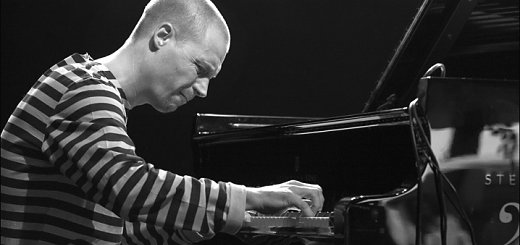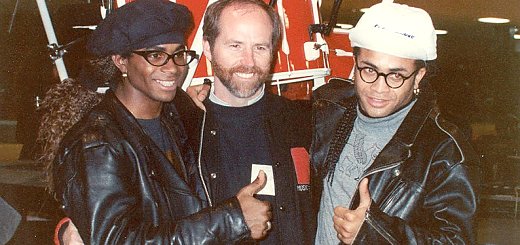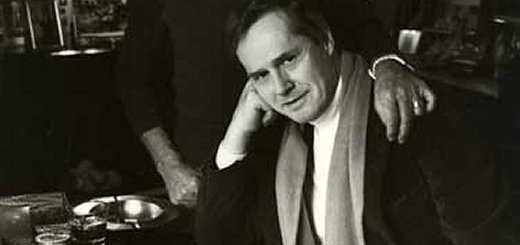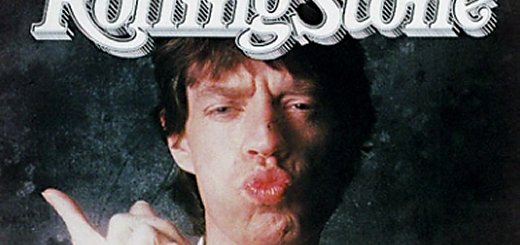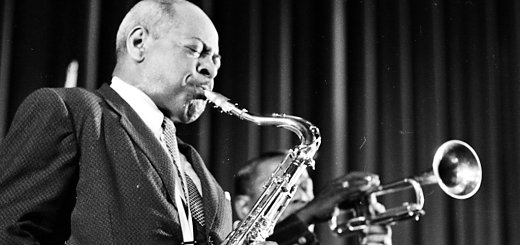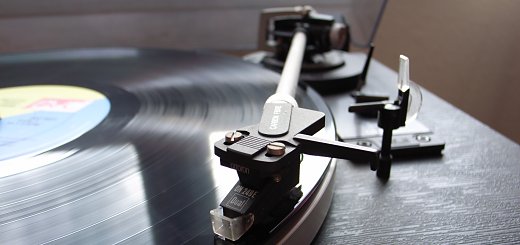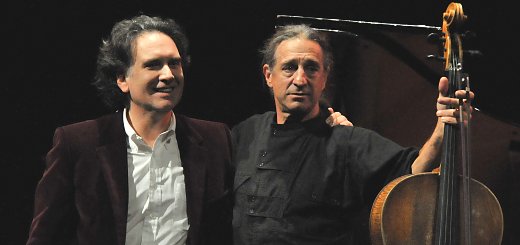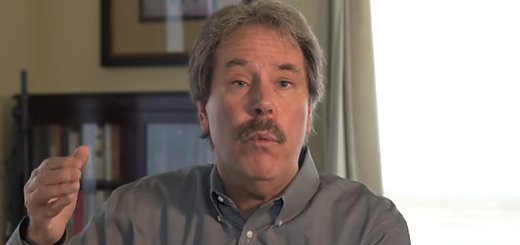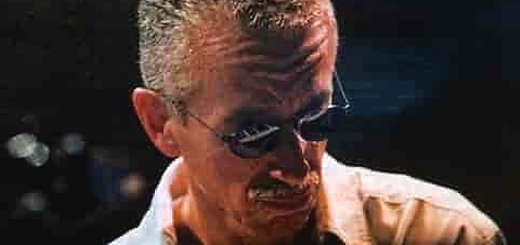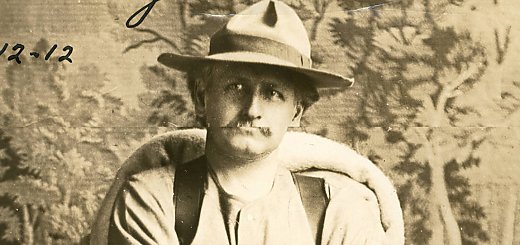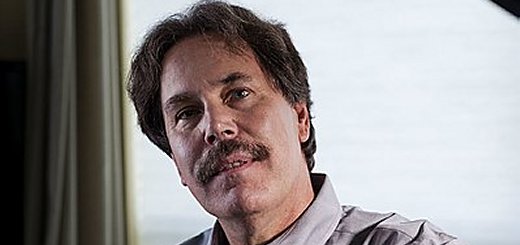Ted Gioia: Is there a science of musical transformation in human life? science
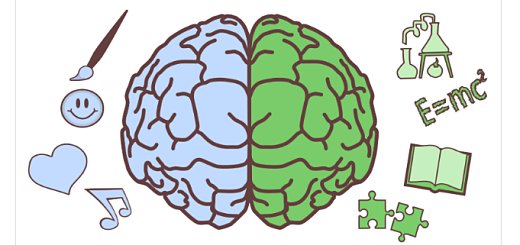
In his latest post, music writer Ted Gioia presents a scientific basis for his alternative musicology—a holistic way of thinking about songs and their impact on individuals and societies. He makes the argument that too much of our world today is controlled by left-hemisphere-of-the-brain worldview — analytic and detail-oriented - and calls for the right hemisphere - controls creativity, intuition, and imagination - to take over. "The simplest way to tap into the right hemisphere is music… The connection between songs and the right hemisphere of our brains is so strong that stroke victims who have lost the language-making capacity of their left brain are sometimes still able to sing words they can no longer speak". A great intro to the theory.
